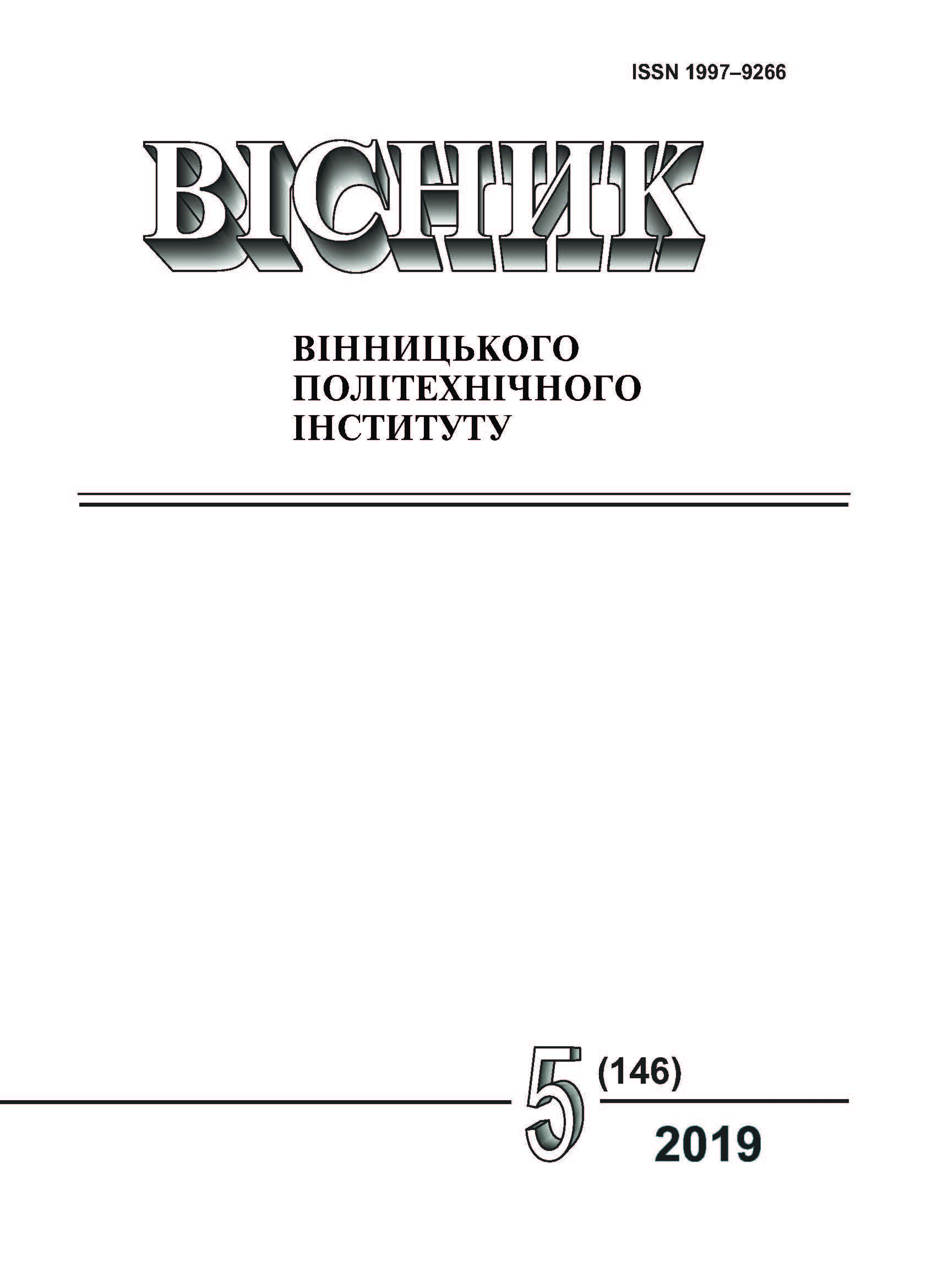Modeling the Process of Assessing the Intellectual State of Society
DOI:
https://doi.org/10.31649/1997-9266-2019-146-5-35-41Keywords:
society intelligence, critical analysis of the well-known mathematical model of society’s intelligence assessment, new mathematical model of society intelligence evaluatingAbstract
As a result of a critical analysis of the mathematical model of the intellectual state of society, proposed by Liudmyla Prisniakova in her Russian-language monograph System Analysis of Personality Behavior, published in 2007, it was found out that this mathematical model is flawed because it was created using an incorrectly constructed balance sheet, and it is proved that its use leads to incorrect assessment of the intelligence of society. It is shown that the function of the growth of the intelligence of a society which does not contain in its structure the period of time for which this growth is estimated, cannot give a correct estimate of the growth of the intelligence of the society. Using a well-written equation of balance, which takes into account the length of time during which this balance is stored, a new mathematical model of the intellectual state of society with a link to the variables and parameters introduced by Liudmyla is offered, which makes it possible to compare the results obtained from using both models, and to prove the errors of the estimates determined using the mathematical model of Lyudmila Prisniakova.
It has been proved that the function of growth of the relative intelligence of a society, the argument of which is the relative number of members of society contributing to this increase, cannot have extremes in the range of values allowed for this argument, the presence of which takes place when using the mathematical model created by Liudmyla Prisniakova but the existence of which contradicts the logic of the growth of the intelligence of the society, in which there is an increase in the number of its members contributing to this increase. Changes in the number of teachers and mentors, as well as in the parameters characterizing the scientific and teaching professionalism of teachers and mentors and the corruption component that accompanies the educational process, influence the growth of the society’s intelligence.
Downloads
-
PDF (Українська)
Downloads: 161
Published
How to Cite
Issue
Section
License
Authors who publish with this journal agree to the following terms:
- Authors retain copyright and grant the journal right of first publication.
- Authors are able to enter into separate, additional contractual arrangements for the non-exclusive distribution of the journal's published version of the work (e.g., post it to an institutional repository or publish it in a book), with an acknowledgment of its initial publication in this journal.
- Authors are permitted and encouraged to post their work online (e.g., in institutional repositories or on their website) prior to and during the submission process, as it can lead to productive exchanges, as well as earlier and greater citation of published work (See The Effect of Open Access).





